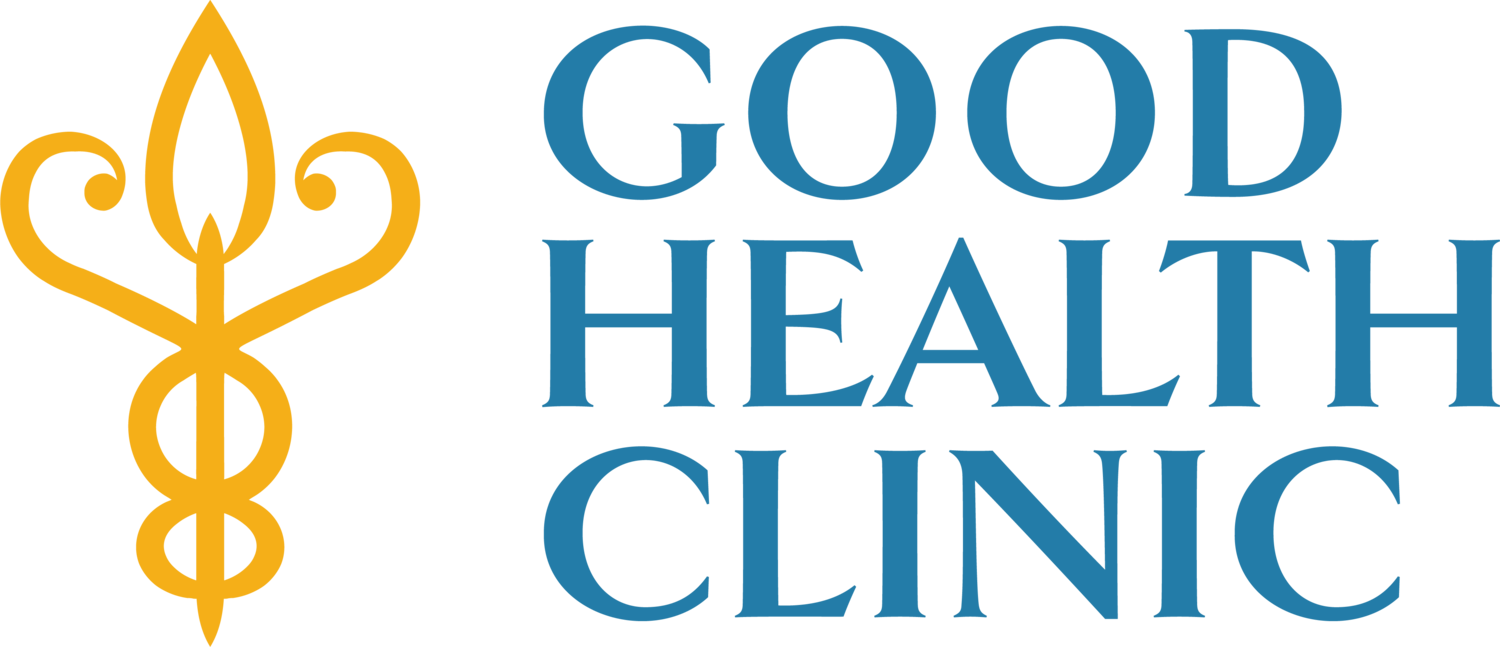The Importance of Gluten-Free
It is important to understand why I ask you to be gluten-free as minute exposures to gluten can make your case fail. Gluten is a general name for a group of proteins found in grains (wheat, rye, spelt and barley). It acts like a glue that holds food together.
I ask everyone who comes into my practice to be gluten-free, regardless of whether you are gluten-intolerant or not. This is because the type of wheat eaten today has changed dramatically from the ancient forms of wheat our ancestors ate. Additionally, modern commercial wheat is laced with agricultural chemicals like glyphosate (the active ingredient in Roundup). Dr Stephanie Seneff, a world expert on glyphosate has published extensive research on the way glyphosate damages our immune system and many organs in our body.
Gluten and autoimmune disease
Since the introduction of new forms of what last century, there has been a steep rise in coeliac disease (gluten sensitivity which damages the gut lining), non-coeliac gluten sensitivity (now a recognised medical condition) and autoimmune diseases in general (where the immune system is tricked into attacking its own body tissues). This health crisis is especially severe in the younger pizza-eating generation.
The link between gluten and various autoimmune diseases like Hashimoto’s thyroiditis is well documented. A single exposure to gluten, the size of a baby’s fingernail, can turn on your immune system that makes inflammation worse for weeks. If you have Hashimoto’s disease, a single gluten exposure can cause further destruction of your thyroid gland.
If you have rheumatoid arthritis, a gluten exposure can cause further destruction of your joints.
Useless waste of energy
When anybody eats gluten, regardless of allergy, this causes some degree of permeability in the intestine lining (leaky gut). Inflammation is then produced. In the healthy person, this inflammation is quickly mopped up until the next exposure. But if the person is eating gluten perhaps three times a day, over time the body will get tired of mopping up the damage and the inflammation will become chronic and health-damaging. The not-so-healthy individual simply cannot afford this useless waste of energy.
Trace amounts trigger inflammation
With some people, even a trace amount of gluten can trigger an immune response that lasts for months. If you order a burger that comes with a bun in a restaurant and you give that bun to someone else, the amount of gluten remaining on the burger can cause a destructive reaction. Similarly, be aware of exposures in your own kitchen. If someone puts gluten grain in your toaster, remember to clean it out before using it yourself.
Topical exposures count
Topical exposures of gluten count. Be aware that many products like lipsticks, shampoos, creams, medications, supplements etc. may contain gluten. Read the labels before you buy and switch to non-gluten containing brands.
Oats contain gluten
I also ask people to be oat-free, even ‘gluten-free oat’ free. This is because virtually all oats contain gluten, even ‘gluten-free oats.’ Very few companies go to the trouble of verifying that their oats have fewer than twenty parts per million of gluten.Once you are better, you may try reintroducing small servings of gluten-free pats and seeing how you respond. But if you are unwell, you can’t really tell if GF oats are affecting you or not.
Cross reactions with gluten
Foods like dairy, yeast, coffee and oats can cross-react with gluten. This is where the immune system reacts to these foods as though they were gluten. Cyrex labs offers cross-reactivity tests to see if this is occurring.
Read the labels
Read and learn to recognise hidden gluten in labels. For example, soy sauce contains gluten. Malt means gluten. If in doubt, google your ingredient or food plus the word ‘gluten.’ Better still, cook your own sauces and soups so you know what is in them.
Gluten-free is fun!
Eating should be fun and enjoyable, not fear-provoking. Learn to cook gluten-free and you still can make your favourite dishes for all the family. Below are some great gluten-free resources:
Gluten-Free Secrets - book from Cytoplan
If you would like to find out more about becoming gluten-free please email me on goodhealthclinic@outlook.com

